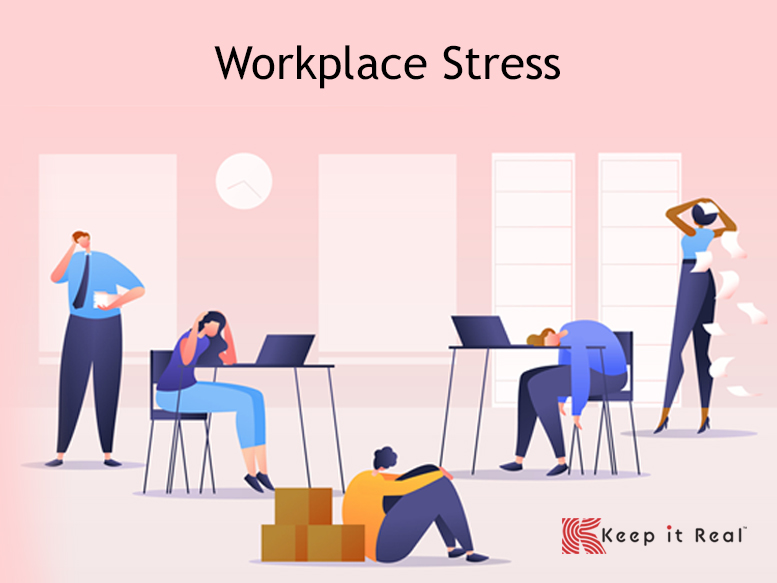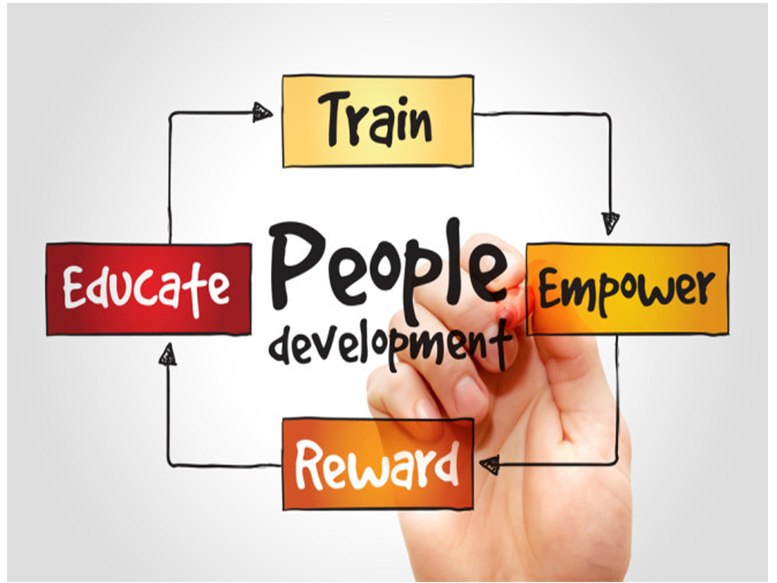There has been an uptick in stress in the workplace that is causing a drain on productivity and increasing employee disengagement. Organizations need strong leaders who willtake steps to build trust and provide tools to help their employees’ well-being.
In recent years, long working hours and isolation have led to burnout and as a result, an increase in depression and anxiety. According to the World Health Organization, in the U.S. there has been a loss of $1 trillion dollars in productivity.
Post-pandemic, a majority of companies still have hybrid work conditions and employees are continuing to feel stressed. The American Institute of Stress found that:
- 55% of Americans are stressed during the day
- 63% of employees want to leave their job to avoid stress
- 76% said their workplace stress is affecting their personal relationships
- 35% of employees said their bosses are the main source of stress
- And 39% report their workload causes them stress
It’s no wonder that droves of employees are heading toward the door and making a decision to leave their current employment.
Here are some suggestions on how Leaders can address workplace stress:
- Hold a workshop to identify common stressors and brainstorm possible solutions for managers and employees.
- Align company policies with best practices for preventing stress and burnout.
- Educate employees about available stress management and mental health resources, including your EAP (Employee Assistance Program) and health plan.
- Offer activities like meditation and yoga, mindfulness programs or apps, or resilience training.
- Continue asking for feedback and improving so that stress management becomes integral to your culture.
It’s also important for employees to feel empowered and to know when to say “when.”
Here are some tips for employees:
1) It’s okay not to be okay. There’s no shame in admitting you’re overwhelmed or overworked or simply burned out. We saw some great examples of this in the recent Olympics when several athletes prioritized their mental health over others’ expectations and accolades.
2) Take frequent breaks during the day. Breaks are even more important in a remote and hybrid world, according to Dr. Mary Donohue, Founder of Digital Wellness. “In the digital age, information is overwhelming and can lead to a constant state of panic. You need to make a quiet space in your day to allow your brain to distill the constant flow of information.”
3) Talk to your leader. Explain what’s going on and work together to co-create a solution and learn about resources for help. Some time off, a flexible schedule, taking advantage of the EAP program, for example.
4) Make time to feed your soul. Whatever makes you happy, makes you laugh, calms you down, just do it. On a regular basis.
5) Use your vacation time. And TOTALLY disconnect.
Remember, if you don’t take care of yourself, you’re not going to be good for anyone or anything!
Find even more stress busters in my Stress for Success podcast series.
Till the next time, keep it real.
Karen









